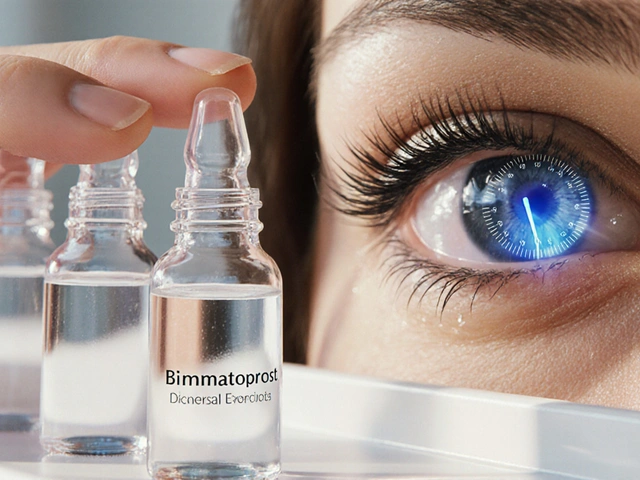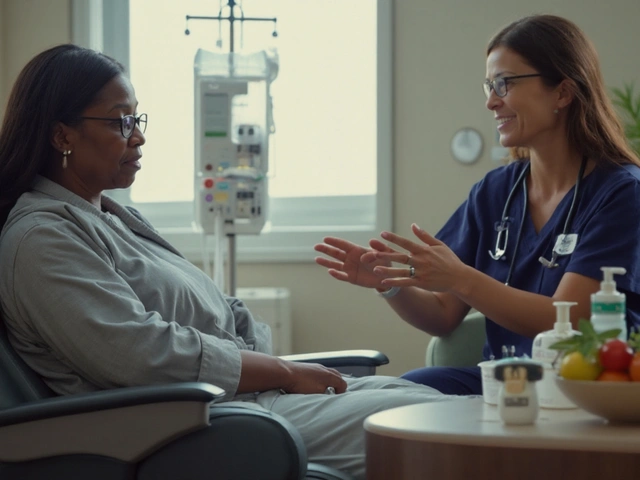Breast Cancer: What You Need to Know
Breast cancer is the most common cancer affecting women, but men can get it too. It starts when cells in the breast grow out of control. Catching it early makes a huge difference, so knowing the signs and how to get screened is a smart step for anyone.
Symptoms & Risk Factors
Typical signs include a new lump, thickening, or change in size or shape of the breast. Look out for skin dimpling, nipple retraction, or unusual discharge. Not every lump is cancer, but any change worth checking with a doctor.
Risk factors are a mix of things you can’t change and things you can. Age, family history, and certain gene mutations (like BRCA1/2) raise the odds. Hormone‑related factors—early periods, late menopause, or hormone therapy—also add risk. Lifestyle matters too: maintaining a healthy weight, limiting alcohol, and staying active can lower chances.
Treatment Options & Support
When a diagnosis comes, treatment plans are tailored to the tumor’s type, size, and spread. Surgery is often the first step—either a lumpectomy (removing the tumor) or mastectomy (removing the whole breast). Radiation may follow to clean up any leftover cells.
Chemotherapy, hormonal therapy, and targeted drugs are common after surgery or for advanced cases. Hormonal therapy blocks estrogen if the cancer grows with that hormone. Targeted drugs attack specific proteins that the cancer uses to grow.
Side effects can be tough, but doctors work to manage them. Nausea, hair loss, fatigue—these are common, but medication, diet changes, and support groups help a lot. Speaking with a nurse navigator or a patient advocate can make the process smoother.
Emotional support matters just as much as medical care. Many hospitals offer counseling, support groups, and online forums where you can share experiences. Friends and family play a big role—don’t hesitate to ask for rides to appointments or help with meals.
Screening saves lives. For most women, a mammogram every year or two starting at age 40 is the standard. If you have a strong family history, your doctor might suggest earlier or more frequent scans, sometimes using MRI.
Remember, a breast cancer diagnosis isn’t a life sentence. Survival rates have improved dramatically thanks to better screening and newer therapies. Staying informed, keeping up with appointments, and leaning on support networks can make a big difference in outcomes.
Got questions? Write them down before your next visit, bring a trusted friend, and don’t be shy about asking the doctor to explain anything you don’t understand. Knowledge and teamwork are your best tools in this journey.

Alpelisib’s Role in Cancer Research and Drug Development - 2025 Update
Explore how Alpelisib reshapes cancer research, drives new drug pipelines, and advances precision therapy for PIK3CA‑mutated breast cancer in 2025.




